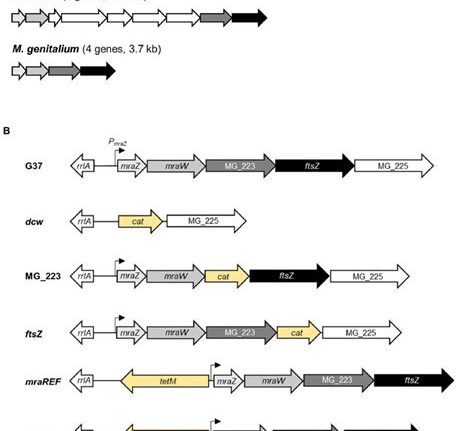In a groundbreaking study by Washington University School of Medicine in St. Louis, researchers have uncovered a crucial role that certain immune cells play in protecting against food allergies within the intestine. This discovery sheds light on potential therapeutic strategies for managing and preventing food-related allergic reactions.
Dr. Marco Colonna, a prominent figure at WashU Medicine, emphasized the pressing issue of the escalating global prevalence of food allergies. He highlighted how these allergies significantly impact individuals’ quality of life while pointing out the lack of effective treatments available to address this growing public health concern.
“We are seeing a rapid global increase in food allergies that significantly impact quality of life,”
Food allergies can manifest in various ways, from mild symptoms like hives and itching to severe, life-threatening reactions such as throat swelling and breathing difficulties that necessitate immediate medical intervention. Understanding how the immune system maintains tolerance to common food allergens is crucial in developing interventions to curb allergic responses effectively.
The study focused on identifying specific immune cells responsible for preserving tolerance to food allergens within the gut. Among these cells are RORγt+ dendritic cells, which were previously unrecognized for their role in preventing food allergies. By studying mice lacking these critical cells, researchers observed signs of allergic lung inflammation when exposed to an allergenic protein found in egg whites.
“By removing RORγt+ dendritic cells from the gut in mice, we broke tolerance to food allergens,”
The findings underscored the potential therapeutic implications of bolstering the activity of RORγt+ dendritic cells as a novel approach to managing not only food allergies but also other immune-mediated conditions affecting the gastrointestinal tract like celiac disease and inflammatory bowel disease.
Dr. Patrick Rodrigues and Shitong Wu spearheaded this research effort, paving the way for exploring innovative ways to prevent and treat food allergies by harnessing the protective functions of RORγt+ dendritic cells. Their work opens up new avenues for developing targeted therapies aimed at inducing lasting tolerance towards common food allergens.
“Because RORγt+ dendritic cells are found in people, our finding presents an exciting new possibility to manage food allergies and other gut-related immune diseases.”
Recent advancements such as FDA-approved injectable medications offer temporary relief by blocking antibodies produced during allergic responses triggered by exposure to allergens. However, targeting RORγt+ dendritic cell activity represents a promising strategy that could potentially intercept immune responses early on before allergy symptoms manifest.
Dr. Wu noted how supporting the function of RORγt+ dendritic cells could act as a preventive measure against initiating an immune cascade upon encountering allergens initially—an approach that holds promise for establishing enduring tolerance towards food triggers among individuals prone to allergic reactions.
“If that proves true, a therapy supporting this small population might offer lasting tolerance.”
As research continues into unraveling the intricate mechanisms governing immune responses related to food allergies, insights gained from studies like this one pave the way for transformative approaches aimed at alleviating the burden faced by individuals grappling with these challenging conditions.









Leave feedback about this